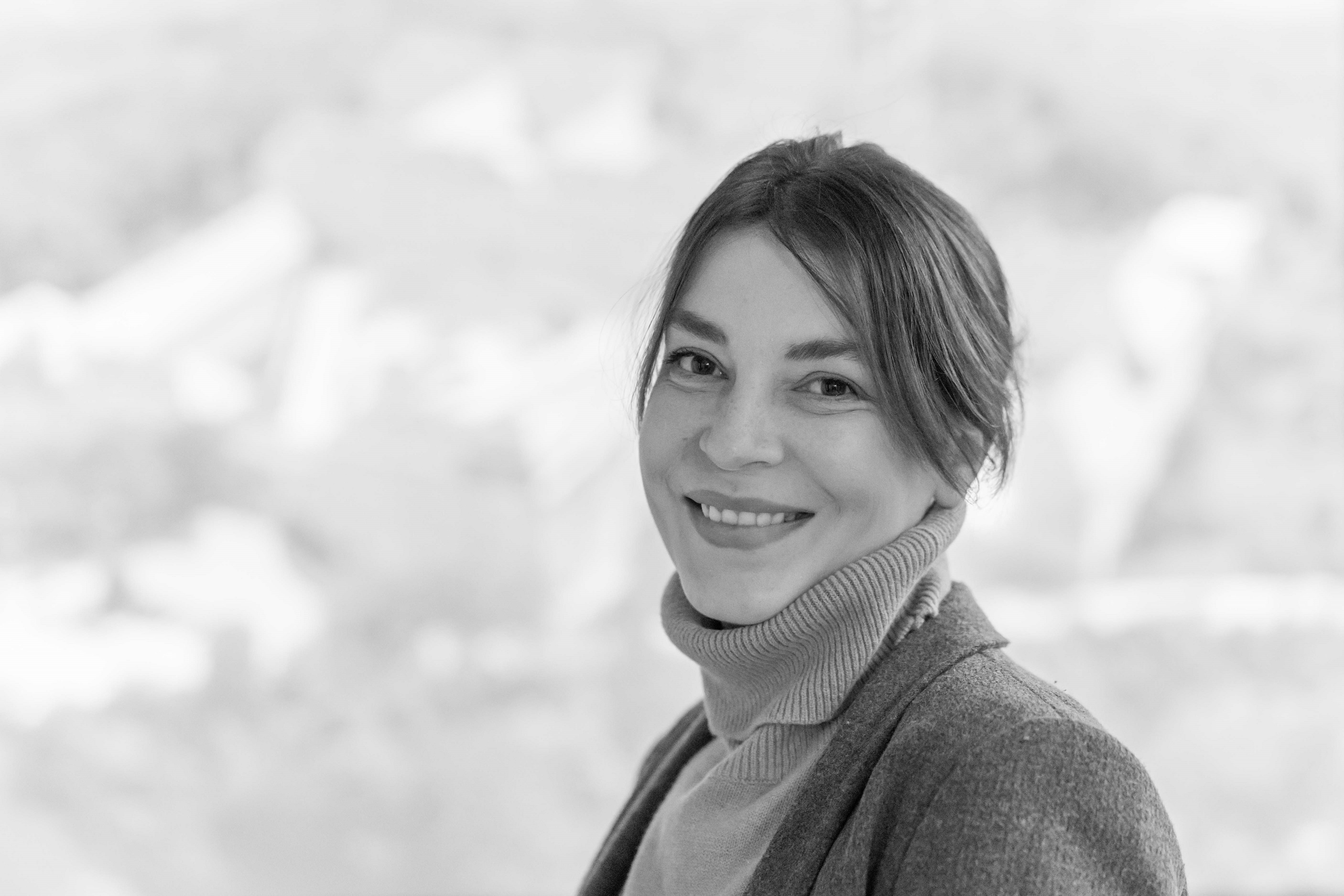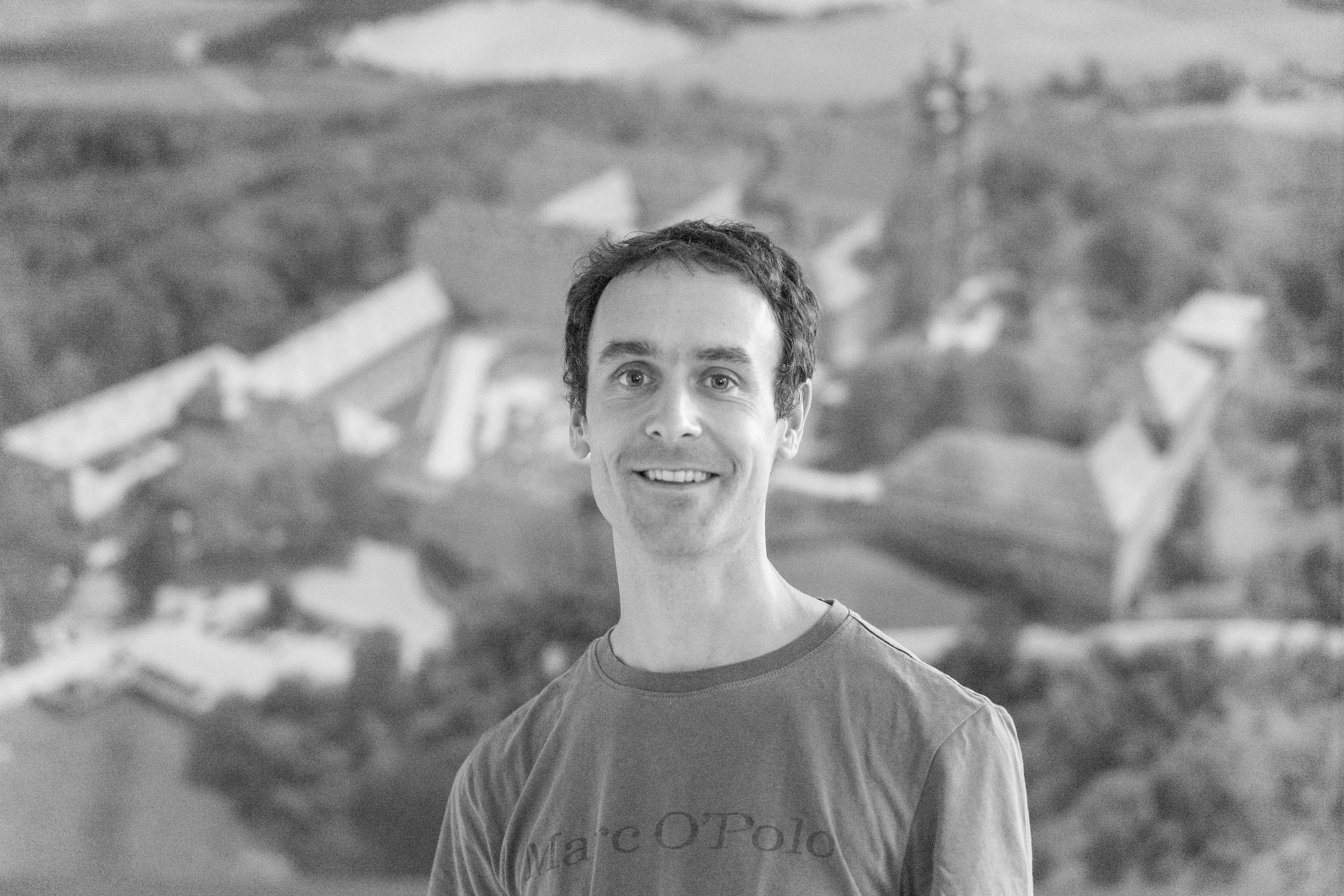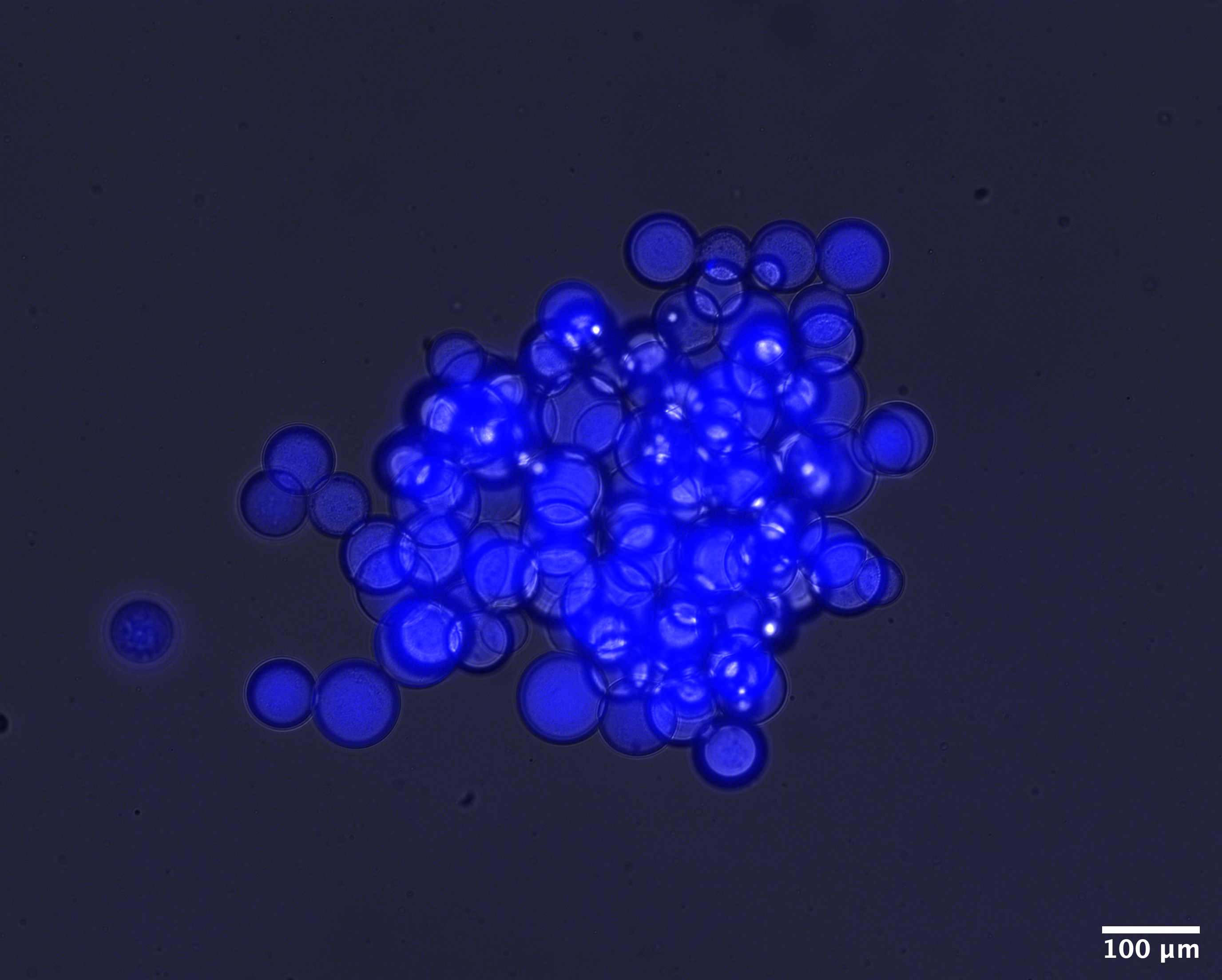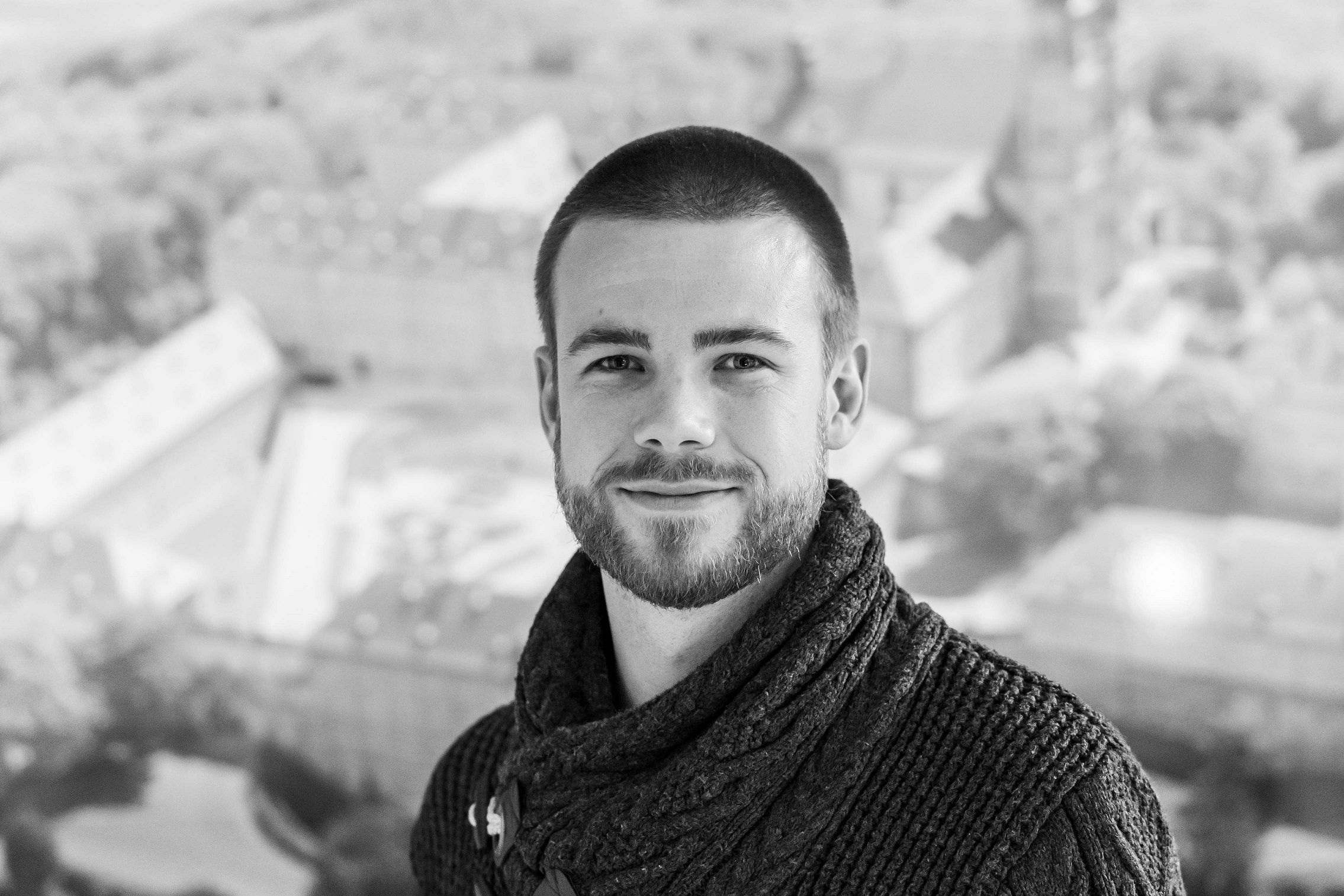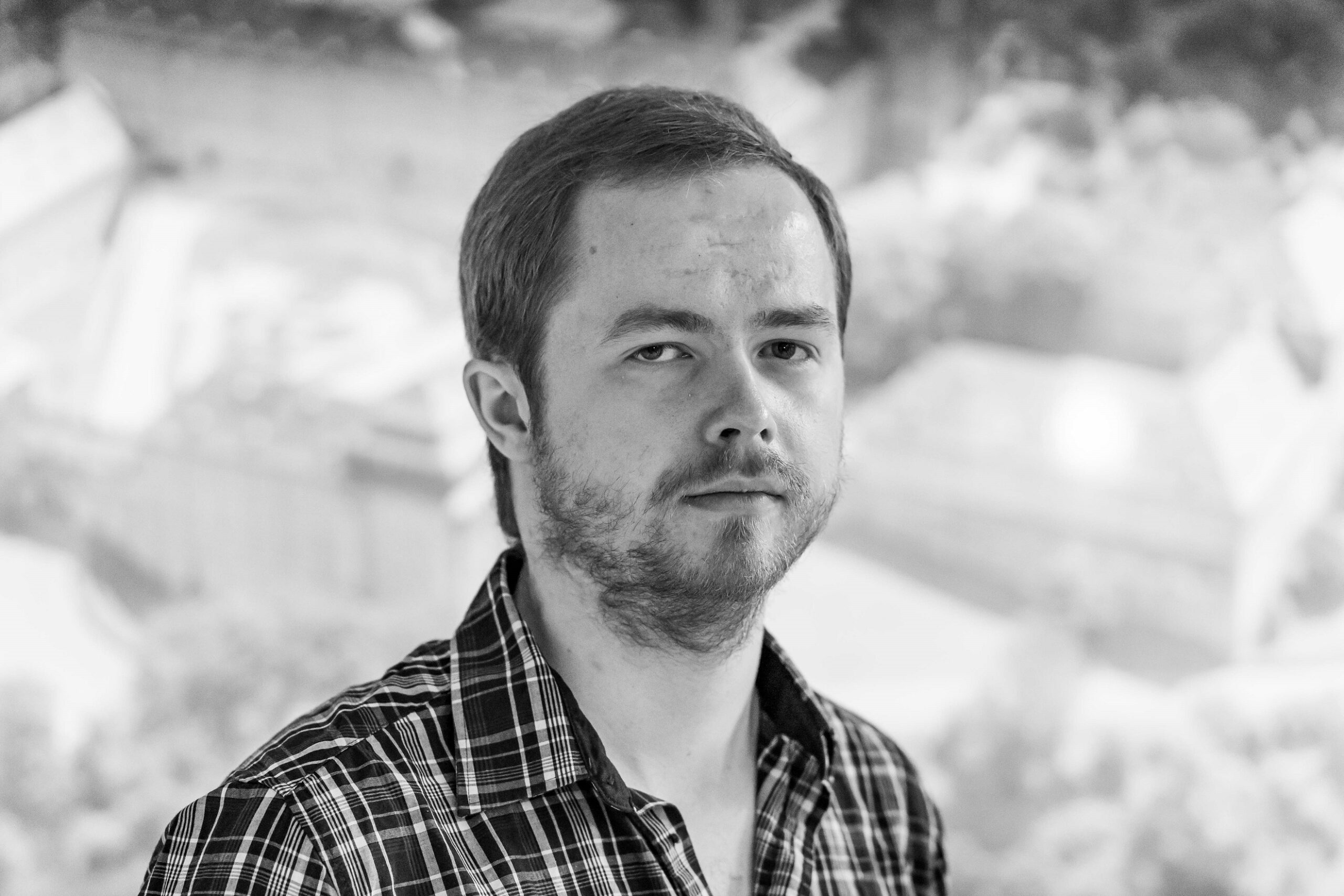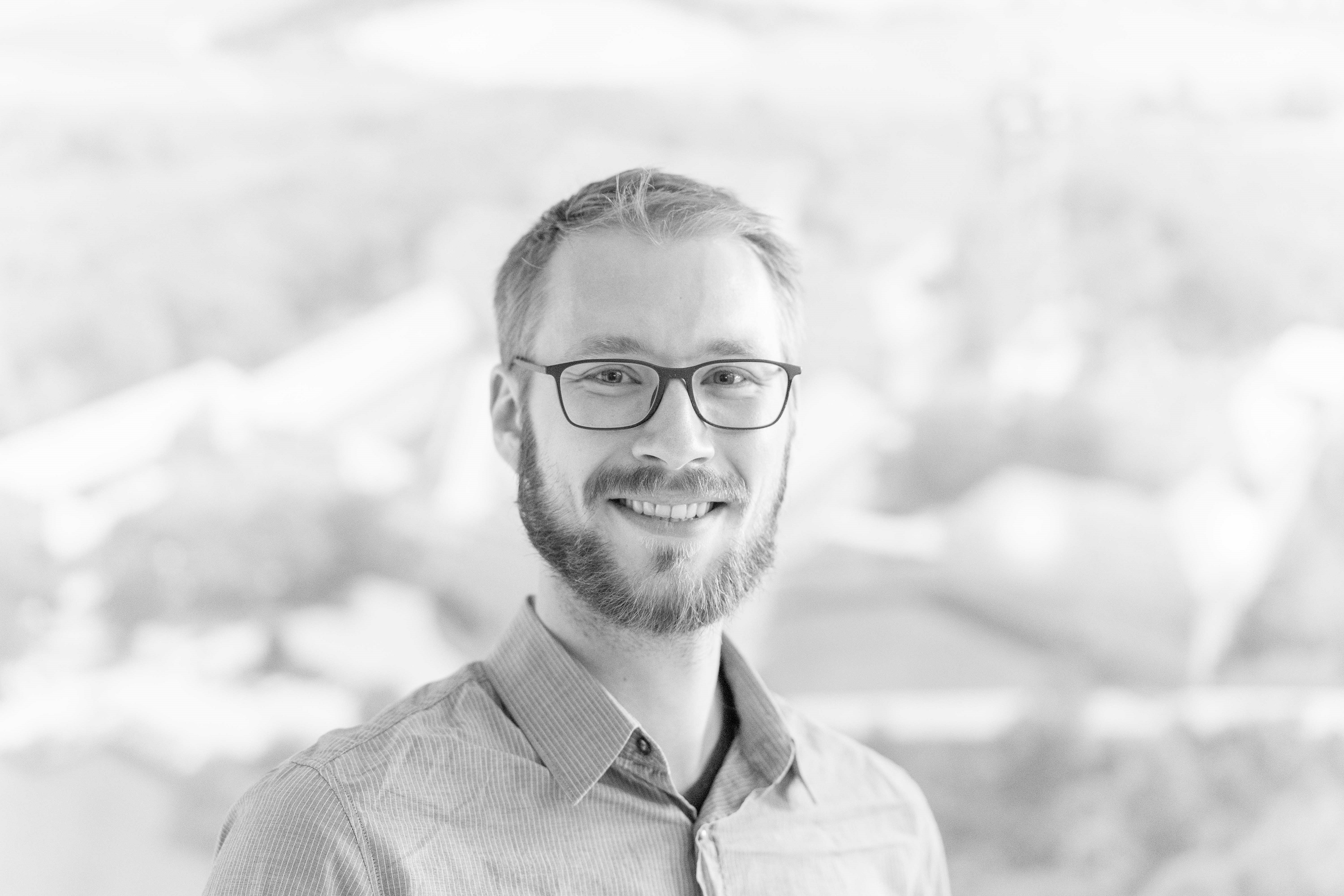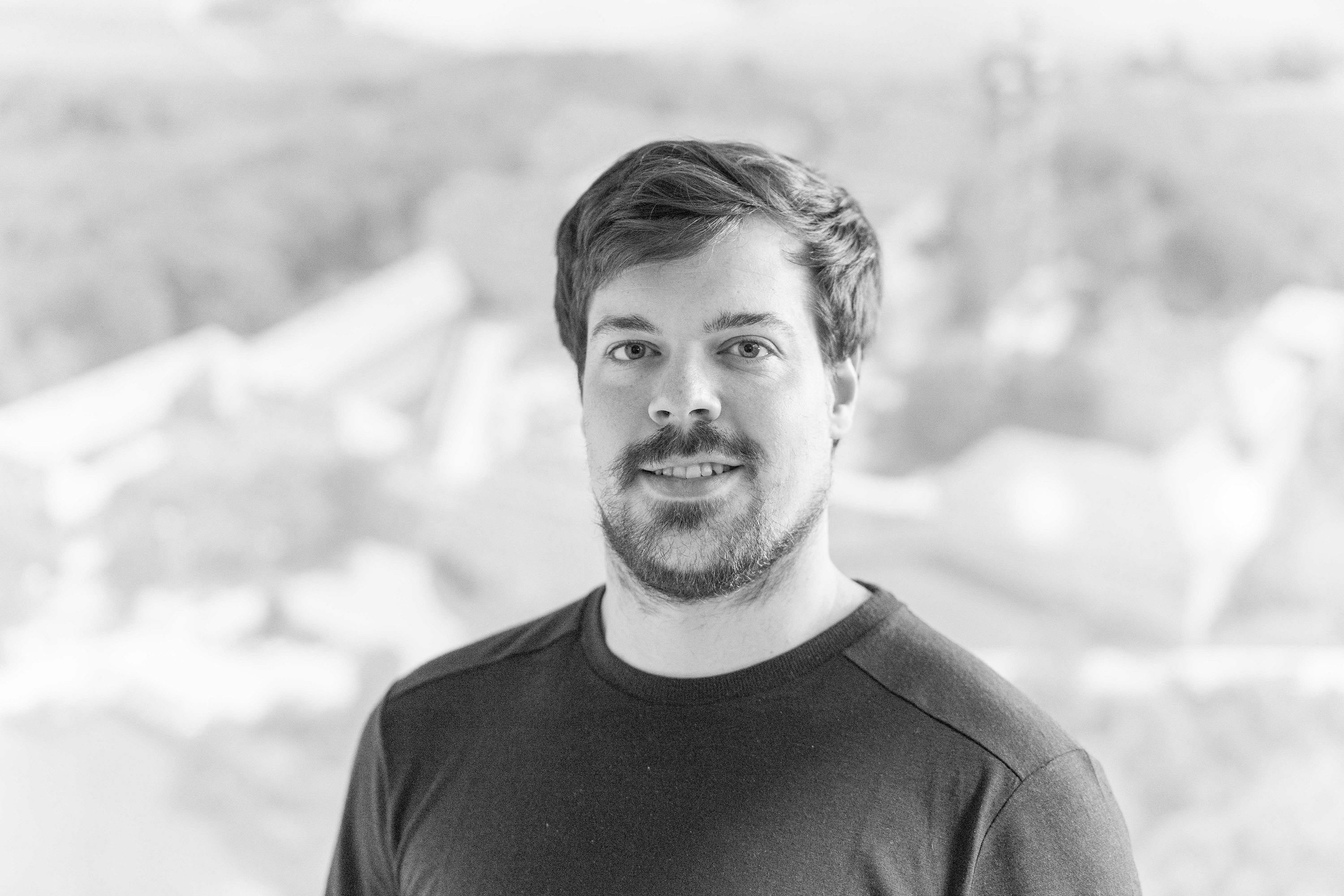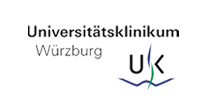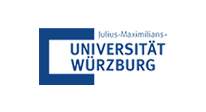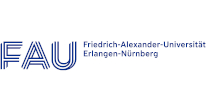B07 | Development of a micro particle sensor system to establish correlations between mechanical stress and cell functionality during biofabrication
Hydrodynamic forces during printing can cause enduring damage to living cells, their strength is however largely unknown. Here we will develop sensor particles (microcapsules, microgels) which in combination with computer models will close this knowledge gap. The sensor particles will give insight into the mechanical deformation while the closely corresponding simulations will allow us to calculate resulting mechanical stresses. Finally, by comparing with living cells we will be able to establish correlations between deformation, stress and cell damage during bioprinting.
Dr. Krystyna Albrecht
Prof. Dr. Stephan Gekle
Prof. Dr. Georg Papastavrou

